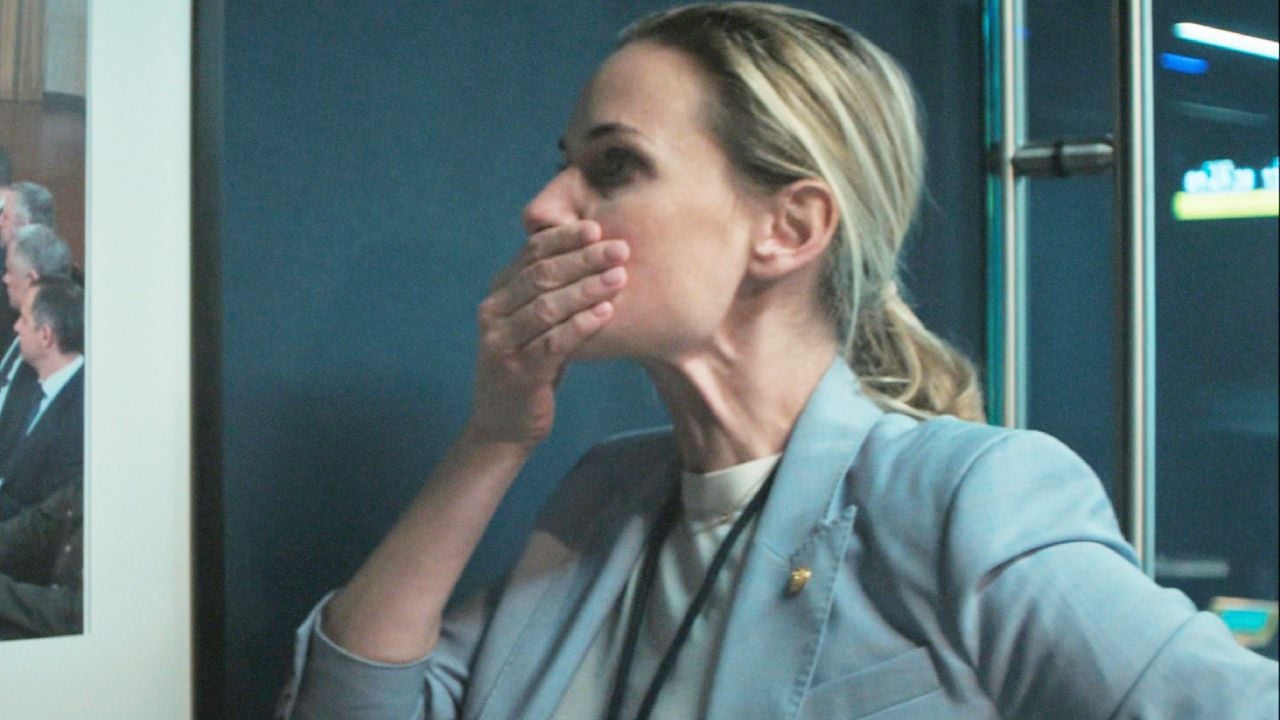User must sue if plan refuses to cover unconventional specialty in autism treatment, says expert
html[data-range=”xlarge”] figure image img.img-08a153f26f0801041c8c47b60064f324vjyqzxkk { width: 774px; height: 479px; }HTML[data-range=”large”] figure image img.img-08a153f26f0801041c8c47b60064f324vjyqzxkk { width: 548px; height: 339px; }HTML[data-range=”small”] image figure img.img-08a153f26f0801041c8c47b60064f324vjyqzxkk, html[data-range=”medium”] figure image img.img-08a153f26f0801041c8c47b60064f324vjyqzxkk { width: 564px; height: 349px; }
Recently, the Superior Court of Justice (STJ) rejected the special appeal of Amil Assistência Médica Internacional which questioned the coverage of multidisciplinary treatment for people with Autism Spectrum Disorder (ASD) ― and the possibility of a full reimbursement of expenses incurred by the beneficiary of planning health services outside the accredited network.
Amil’s appeal was against the regulatory resolution 539/22 of the National Integrative Health Agency (ANS), which expanded the rules of welfare coverage for ASD, recognizing the importance of multidisciplinary therapies for individuals with developmental disorders .
The agency also announced mandatory coverage of any physician-directed methods or techniques for these ailments.
What conventional and unconventional specialties are these?
Explains the lawyer and specialist in medical law Mérces da Silva Nunes, chief partner of the law firm Silva Nunes Advogados.
“Autism spectrum disorder is a condition that affects communication, social interaction and behavior. Treatment for ASD is usually multidisciplinary,” she explains.
Mérces explains that among the conventional specialties are:
- • A neurology (medical specialty dedicated to the study of the nervous system);
- • A psychiatry (which deals with mental disorders, including ASD);
- • A psychology (which is dedicated to the study of human behavior and which can aid in the diagnosis and treatment of ASD);
- • A speech therapy (which works with human communication, including speech and language);
- • A occupational therapy (which focuses on helping people develop skills to carry out daily activities);
- • A special education (dedicated to the development and implementation of teaching strategies for people with disabilities, including TEA).
Different methods in unconventional specialties
According to Mérces, the non-conventional specialties that can be used in the treatment of ASD, in turn, include different methods, such as the ABA (Applied Behavior Analysis) ASD, which uses an evidence-based therapeutic approach to treat children with autism.
“The method analyzes the child’s behavior, identifies those considered problematic and works to replace them with positive behaviors. The method is highly structured, individualized and intensive, often involving more than 20 hours of therapy per week. The ultimate goal of the ABA TEA method is to help children develop skills that allow them to reach their full potential in all areas,” she clarifies.
In the unconventional specialties there are also:
- • TEACCH (Treatment and Education of Autistic and Related Communication Handicapped Children), an intervention method for children and adults with ASD and other communication disabilities;
- • The Denver Early Intervention Model (also known as the Denver Model);
- • Alternative and Supplementary Communication (CAS), an approach that uses non-verbal or partially verbal communication systems to help people with communication difficulties to express themselves;
- • Sensory integration, a therapeutic approach that aims to improve the brain’s ability to process and interpret sensory information received from the environment.
There are also other unconventional therapies used in the treatment of ASD: therapy with animals trained to help treat various ailments; acupuncture; music therapy; and aromatherapy.
Situations in which the user is not entitled to a refund
Nevertheless, are there situations in which users are not entitled to reimbursement for having contracted multidisciplinary treatments?
“In the special appeal n. 2.043.003-SP, denounced by Minister Nancy Andrighi, the STJ decided ‘the obligation to fully reimburse the expenses incurred by the beneficiary with the cost of treatments carried out outside the accredited network'”, reiterates Mérces Nunes, adding however that “STJ stated that, according to case law, reimbursement of medical and hospital expenses incurred by the beneficiary with treatment/health care outside the accredited network can only be accepted in exceptional circumstances, such as the absence or inadequacy of establishment or professional accredited in the place and of urgency or urgency of the procedure, and, in such circumstances, can limit itself to the prices and tables actually contracted with the health plan”.
Mérces observes that the STJ “argued that, from the hypothesis dealt with in the jurisprudential guidelines on reimbursement within the limits of the contract, situations are characterized in which the breach of the contract by the operator, causing material damage to the beneficiary as giving right to the full reimbursement of the expenses incurred by them, and precisely: non-compliance with the contractually assumed service, non-compliance with a judicial provision that determines the coverage of the treatment or violation of regulatory acts of the AN”.
What to do when the plan refuses to pay for treatment
And the question that remains: how to proceed in the face of the plans’ refusal to pay for autism treatment even in the accredited network?
“Unconventional specialties used in the treatment of autism, especially the ABA method, most often have their coverage rejected by health plans, due to the high cost of treatment. Therefore, in order to access the treatments refused by the health plan, the interested party must go to court and request an injunction – judicial order – obliging the health plan to pay for the treatments. Fortunately, the decisions of the Judiciary almost always recognize the need for treatment and oblige the health plan to pay for it”.
HOMEWORK inspires transformation in the world of work, in business, in society. It is creation ofCOMPASS
content and connection agency.
Source: Terra
Ben Stock is a lifestyle journalist and author at Gossipify. He writes about topics such as health, wellness, travel, food and home decor. He provides practical advice and inspiration to improve well-being, keeps readers up to date with latest lifestyle news and trends, known for his engaging writing style, in-depth analysis and unique perspectives.









